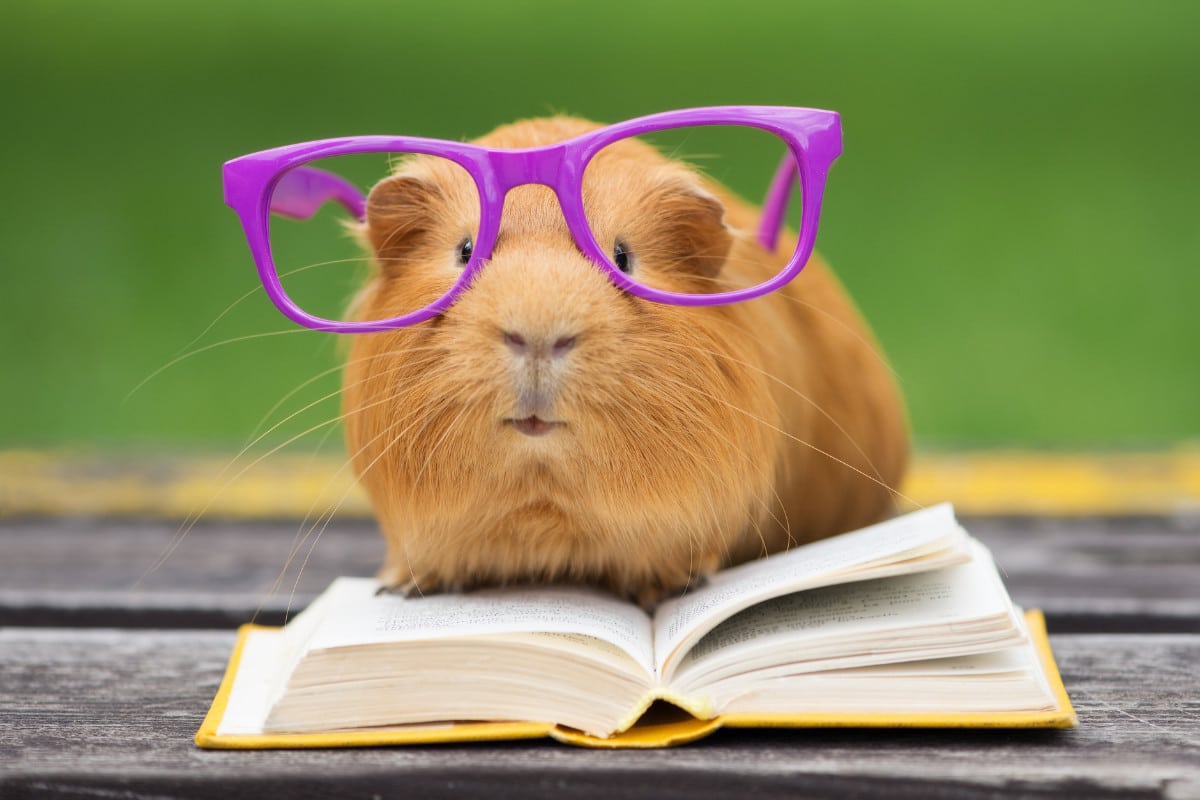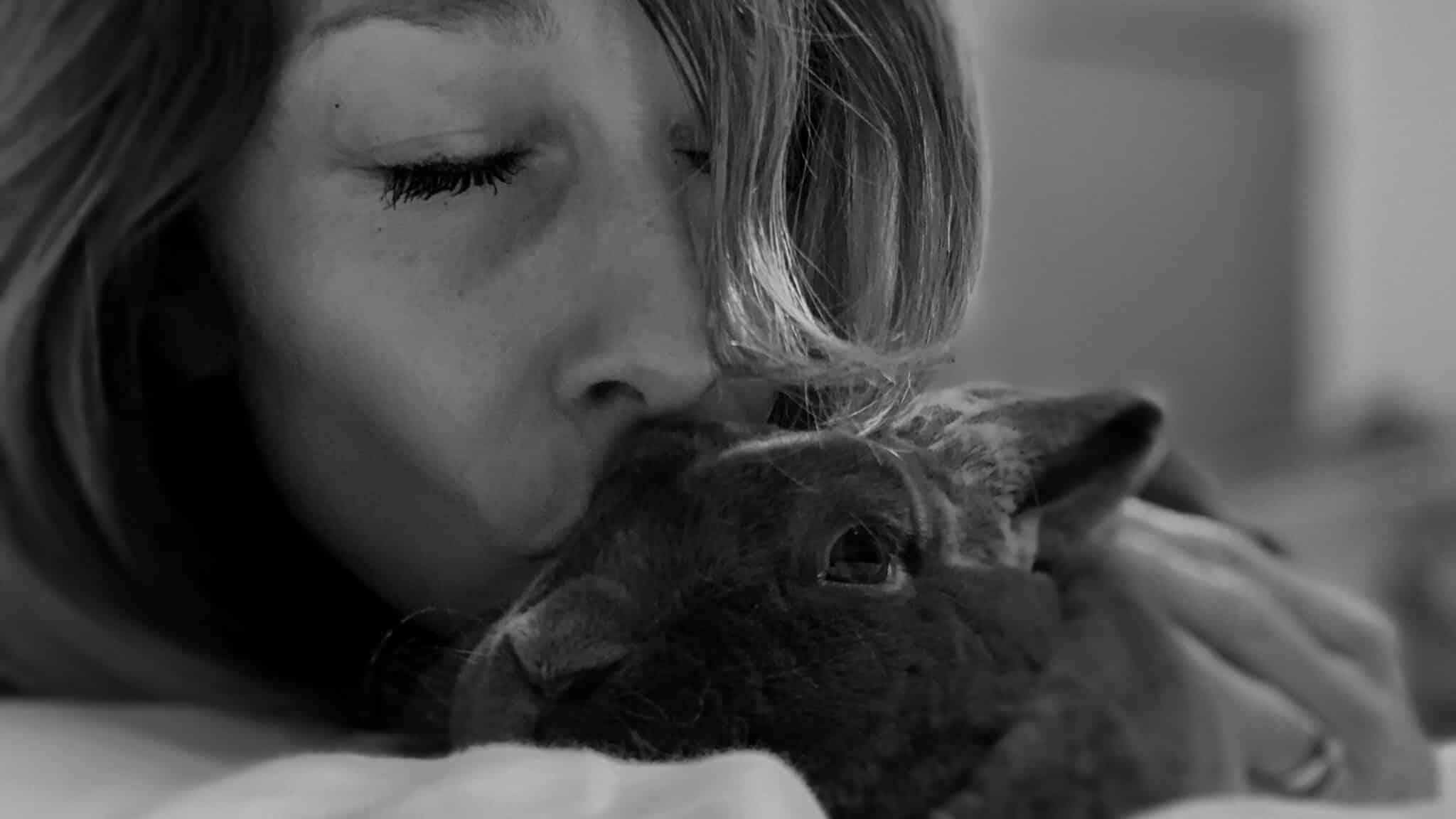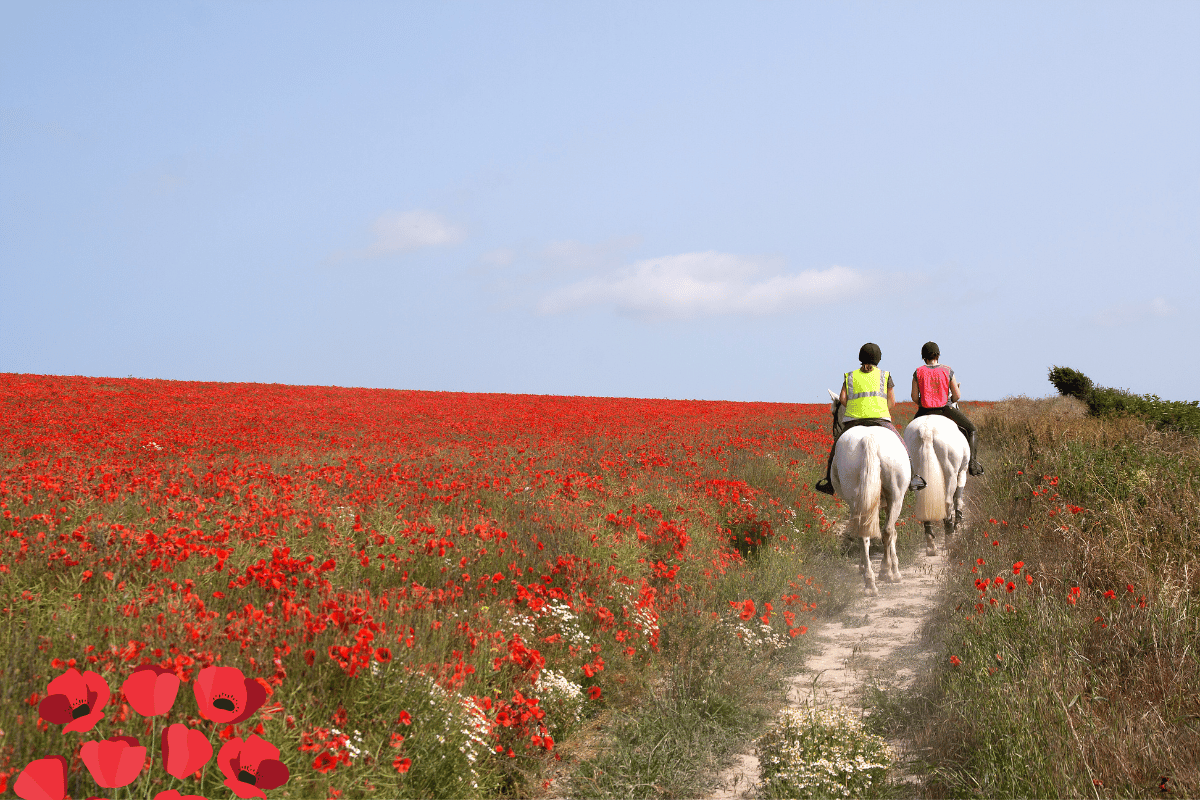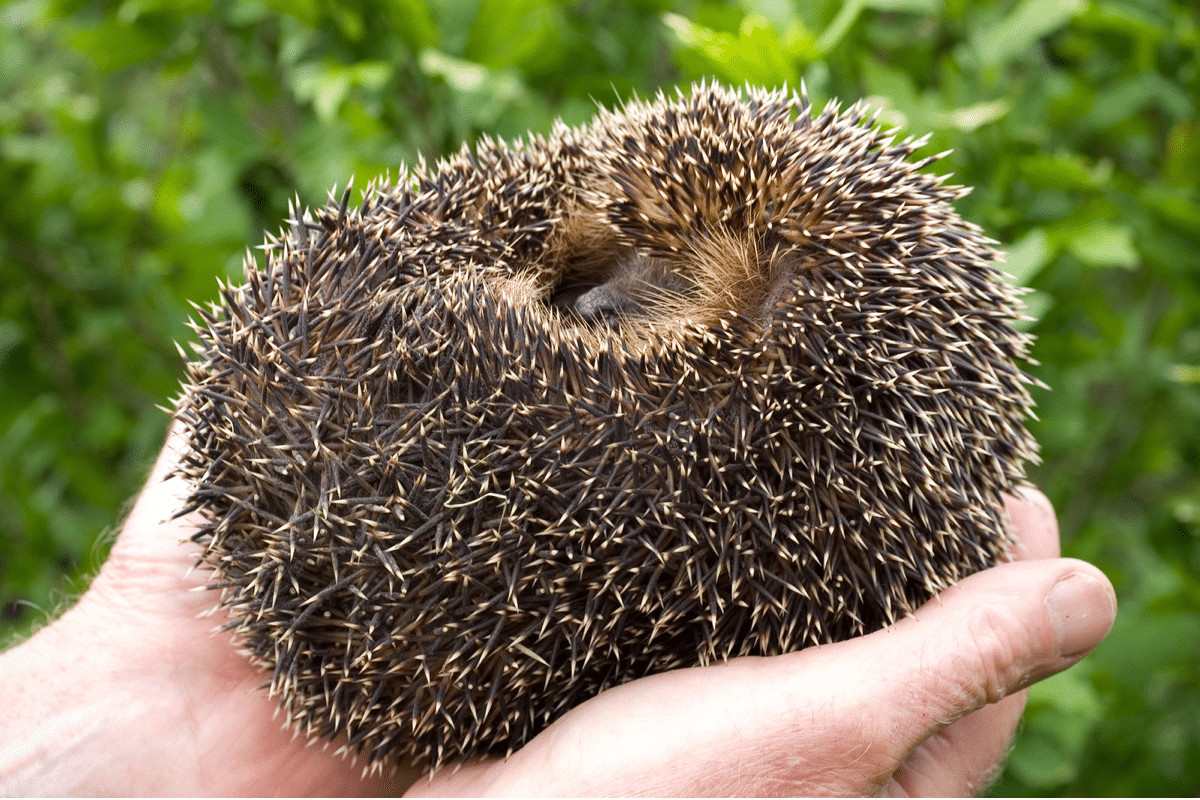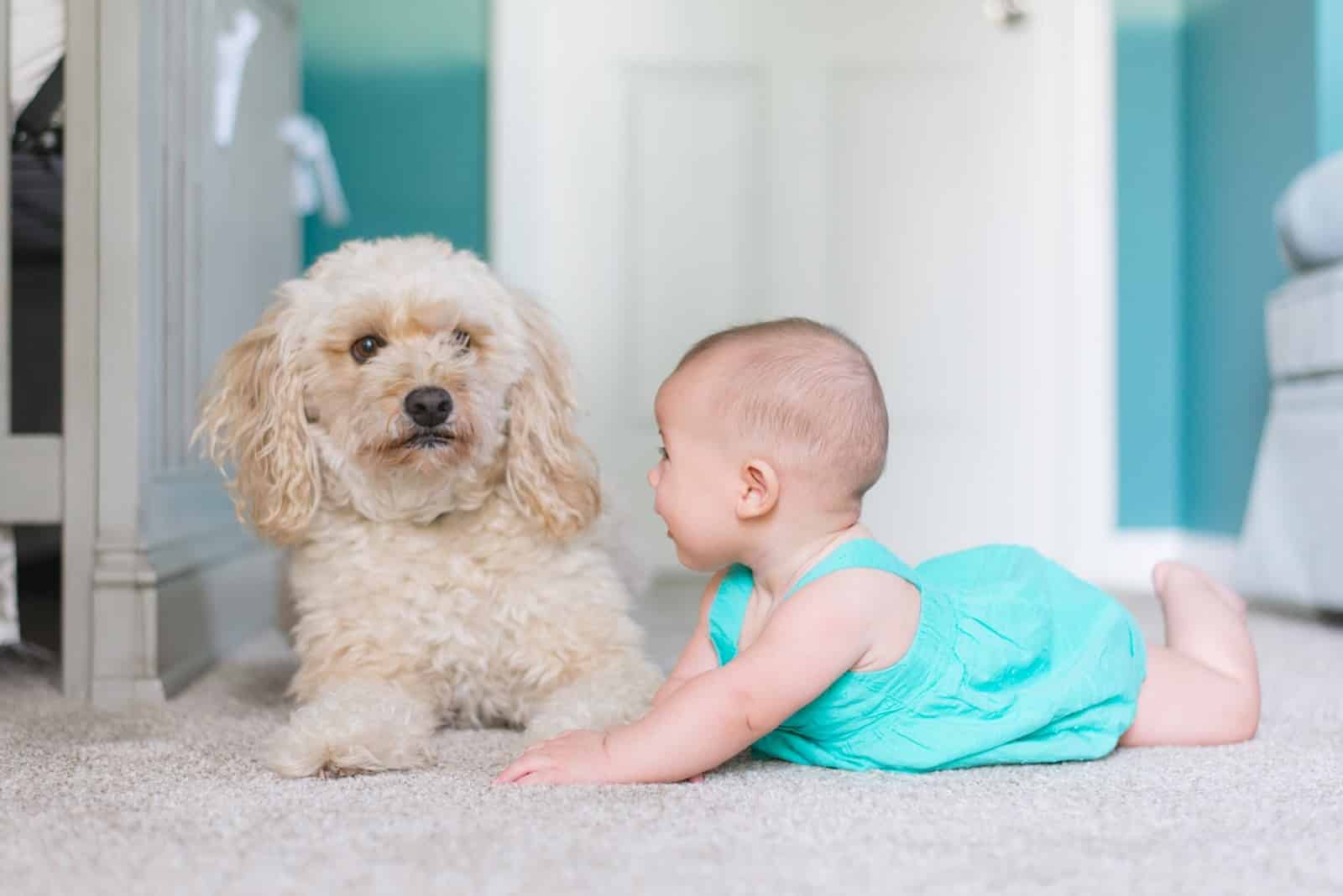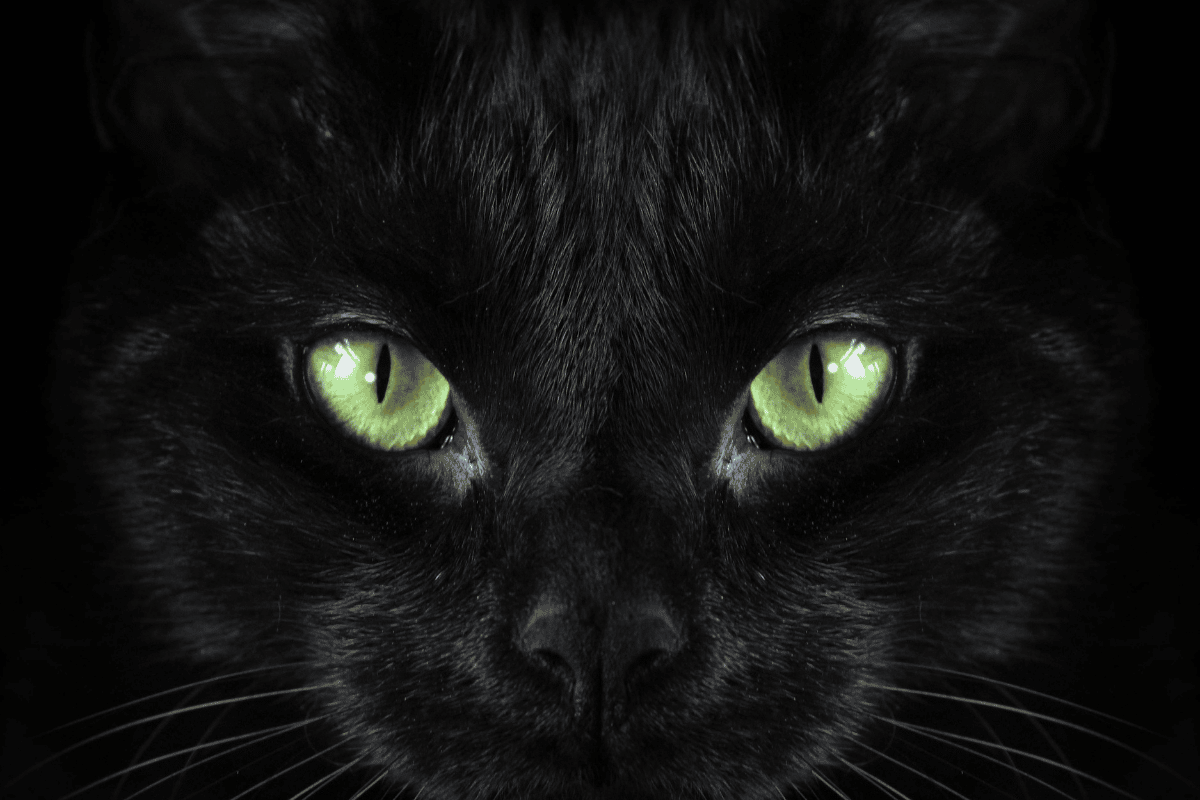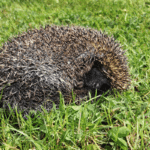We all know about human rights, right? But did you know your pet has rights too? Thanks to the Animal Welfare Act 2006, whether you own a dog, cat, guinea pig, rabbit or tortoise, you have a legal obligation to ensure your pet is being cared for properly. And failure to do so can result in prosecution. So how about the 5 animal welfare rights and your guinea pig? do you know what your cavies legal rights are and how to fulfil them?
What Are The 5 Animal Welfare Rights?
The five animal welfare needs, also known as the “five freedoms” stipulate that all domestic animals should:
- Be kept in a suitable environment
- Be fed a suitable diet
- At all times, be kept safe and healthy and be protected from any injury, pain or suffering
- Enjoy normal, species-specific behaviour patterns
- Be kept with, or away from other animals
According to a 2018 report from the PDSA, most pet owners across the UK know their furry friends’ 5 welfare needs. Unfortunately, the report also showed that a small percentage was only aware of 4.

Can you guess which one it is?
The 5th one, the right for a pet to be housed with, or be kept separately from other animals, had a few people stumped.
The 5 Animal Welfare Rights and Your Guinea Pig – What do they mean for your cavy?
The Animal Welfare Act protects all domesticated animals. And what this means for you as a pet owner is that you have a legal responsibility to meet these 5 basic needs, whether the animal is being homed on a permanent or temporary basis.
Of course, these rights depend on the animal you own.
In this section, we look specifically at your guinea pig’s “five freedoms” and what you need to be doing to comply with its rights.
Suitable Environment
When it comes to your guinea pig’s environment, there are several factors that need to be considered.
Cage size
First and foremost is the size of its enclosure, and its location. Guinea pigs, while small, need a large cage where they can run around, forage for food and explore. There should be separate areas where they eat and sleep, as well as tunnels and hideaways where they can get some time on their own. They should also have a run where they can enjoy plenty of time out of their cage
Location
Guinea pigs prefer moderate temperatures and don’t do well if they are too hot or too cold. The hutch should be placed in a shaded area, out of the sun in summer.
And to keep your cavies warm and dry during the rainy and cold months, their enclosure must be waterproofed, properly insulated and raised up off the ground.
With winter around the corner, why not check out our range of hutch covers and insulators here?
Bedding
Although cavies don’t spend a lot of time sleeping, bedding is an essential part of the hutch setup. There are different types available, including hay and wood shavings, as well as shredded paper and fleece.
All have their own pros and cons, so it’s important to choose one that suits your needs and budget and keeps your piggies comfy.
If you want some more information on the different types of bedding, this article is a must-read!

Cleanliness
It’s not enough to set up the hutch correctly; you also need to keep your cavies’ environment clean.
Daily spot checks need to be done and wet or soiled hay or bedding should be removed and replaced.
A weekly clean is also necessary, as is a deep clean once a month.
Suitable Diet
It’s your responsibility as a pet owner to make sure your pet’s diet is nutritious and well-balanced.
As a piggy parent, this means providing plenty of hay or grass, nuggets, fresh vegetables rich in vitamin C, fresh fruit and a healthy treat occasionally!
We have a wide range of food and treats for your guinea pig pal. Stock up here.
Access to clean drinking water is also essential. Make sure there are enough water bottles around the hutch and run and that the spouts are working. If you’re using a water bowl, it’s important to keep it clean and keep refilling it.

Health
Making sure that your pet is protected from pain, suffering, injury and disease is one of the five welfare needs.
And getting the correct treatment when necessary is also a crucial part of being a responsible pet owner.
As prey animals, cavies will try and hide any weakness, injuries or illnesses. This means you may only notice something is wrong when it’s too late.
The most common cavy health issues include:
- Eye infections
- Pneumonia
- Abscesses
- Tumours
- Bumblefoot
- Diarrhoea
- Urinary problems
Doing regular health checks is one way to make sure your guinea pig is healthy, but you should also keep an eye out for any changes in its behaviour.
For example, a decrease or loss of appetite, drinking less or more water than usual, sudden aggression or skittishness are all signs that your cavy is unwell and needs veterinary care.
Normal Behaviour Patterns
When it comes to this particular welfare need, we’re referring to an animal’s normal behaviour in its natural habitat, and not whether it’s well (or badly) behaved.
For a guinea pig, this means being able to forage for food, explore and play. It also means being able to hide if it feels threatened or at risk, and having enough to keep it busy.
Without these things, cavies can quickly become bored and frustrated, which can affect their mental wellbeing.
Boredom busters, including treat balls, tunnels, tubes and chew toys, are a great way to keep your cavies busy.
Spending quality time with them is also important. Grooming, playing games or just cuddling helps build that special bond and will ensure your piggies live happily and are well looked after.
Companionship
The Animal Welfare Act 2006 states that all animals have the right to be housed with or apart from other animals. But what does this mean for you as a guinea pig owner?

Cavies are social creatures and in the wild, they live in groups or muddles. Your legal duty is to ensure your guinea pig has companionship. A guinea pig on its own may experience loneliness, boredom, anxiety and depression.
Keep in mind, though, the law states it must be the same species. In the past, people housed rabbits and cavies in the same enclosure. Nowadays, we know that guinea pigs and rabbits shouldn’t be kept together.
Considering the welfare rights of your guinea pigs, how are you doing? Can you give yourself a solid 5 out of 5 or is there room for improvement?




